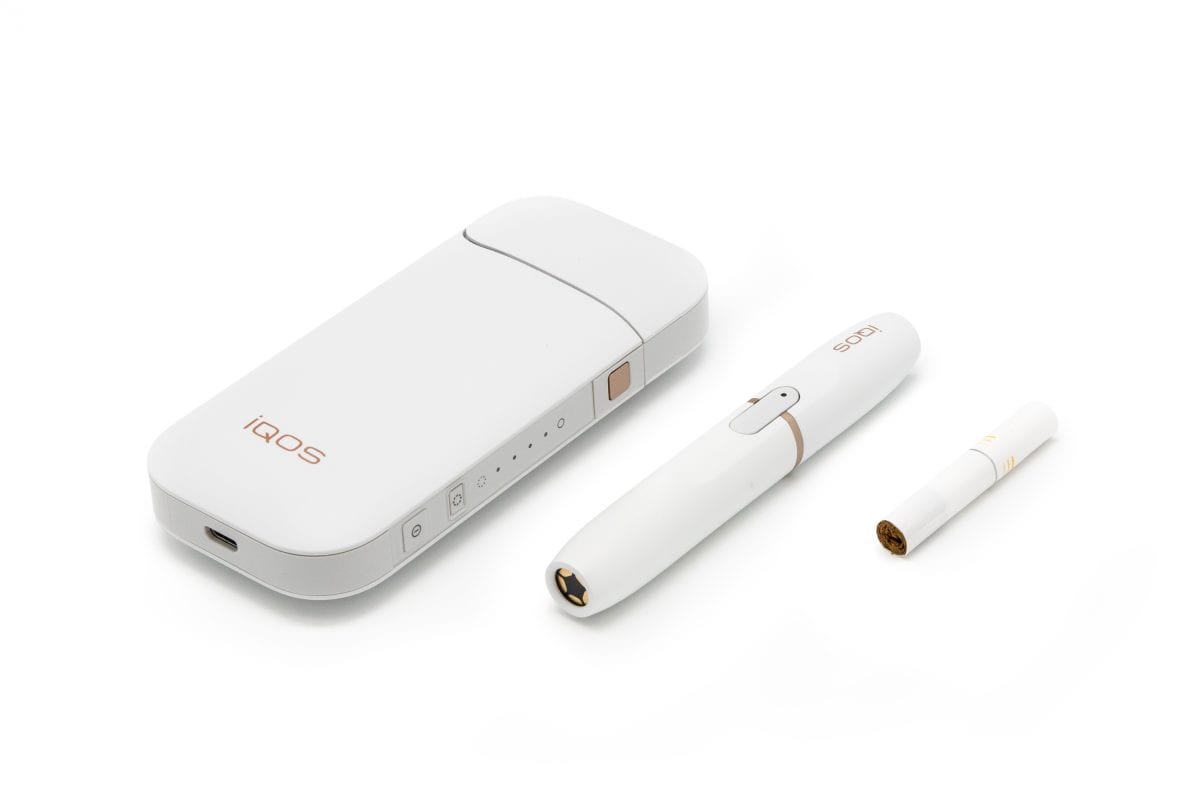
The WHO’s Support of Ukraine’s Tax on Heated Tobacco Products Unfairly Burdens Tobacco Harm Reduction, Increases Smuggling
Taxpayers Protection Alliance
March 5, 2021
The taxpayer-funded World Health Organization (WHO) has been under criticism for more than a year after failing to alert the world about the COVID-19 pandemic. The WHO is also blocking new innovative products that help people kick the deadly habit of traditional cigarettes. Now, in Ukraine, thanks to WHO intervention, tobacco harm reduction products are about to get more expensive. In January, the Verkhovna Rada (Ukraine’s parliament) adopted amendments to the Tax Code of Ukraine which raises the tax on heated tobacco products (HTPs) “by 4-fold, from 1139.76 Ukrainian hryvnia (UAH) per kilogram to 1456.3 UAH per 1000 sticks.” When all is said and done, HTPs will cost just as much as combustible cigarettes.
The misguided policy is borne from the geniuses at the WHO, which refuses to acknowledge tobacco harm reduction products. In fact, in a note to the committee, the WHO wrote that “there is no reason HTPs should be taxed less than cigarettes; like cigarettes, thy are tobacco products.” While partially true, the WHO leaves out the notion of tobacco harm reduction products such as smokeless tobacco, SNUS, HTPs, and vapor products.
Even the United States Food and Drug Administration (FDA) – slow to embrace tobacco harm reduction itself – has recognized the reduced harm of HTPs. In July 2020, the FDA authorized the IQOS HTP to be marketed as a modified risk tobacco product (MRTP). In the United States, IQOS is permitted to market their products with the following disclaimer: “Scientific studies have shown that switching completely from conventional cigarettes to the IQOS system significantly reduces your body’s exposure to harmful or potentially harmful chemicals.” Further, many states have passed and/or are introducing legislation that reduces the excise tax on products that have MRTP orders – or the exact opposite of what Ukraine is doing.
As a requirement for a premarketing tobacco order, IQOS was required to submit millions of pages of research and data to be able to market the product as a MRTP. Numerous studies have also reported of the reduced harm of HTPs. A 2018 literature review of HTP studies found that HPTs “delivered up to 83% of nicotine and reduced levels of harmful and potentially harmful toxicants by at least 62% and particulate matter by at least 75%.”
Further – there is evidence that HTPs have had a greater impact than excise taxes on reducing smoking rates in Ukraine. An analysis of the 2018-19 cigarette tax increase found that “cigarette sales decreased by 33%, while the governmental revenue increased in Ukraine only by 10%.” The authors pointed to HTP sales as the likely culprit for the “small revenue growth,” and noted that “the [HTP] industry actually engineered a greater decrease in cigarette consumption than the excise tax alone.”
The exorbitant tax on HTPs is likely to fuel a growing illicit market of smuggled products. A little known fact is that, in 2018, Ukraine was “the number one country of origin for illicit cigarettes trafficked in the EU market.” The draconian tax imposed on HTPs will likely reverse that as Ukraine moves to smuggle untaxed HTPs into their market. Indeed, smuggled products are already prevalent. A small shop in Bila Tserkva, 90km from Kiev, offers for sale HTPs with English health warnings. And, Chinese HTPs with “the words ‘Only for sale in duty-free’ are actively sold in eastern Ukraine – from kiosks in Zaporozhye to beer shops in Nikopol.”
These smuggled products are unregulated and pose a great risk to unassuming consumers seeking to remain smoke-free and away from combustible cigarettes. The 2019 vaping-related lung injury illness that swept the United States in 2019 gives ample evidence of the hazards associated with unregulated products. In January 2020, the United States Centers for Disease Control and Prevention reported that the outbreak was ‘driven by the use of THC-containing [vapor] products from informal sources.” THC, or tetrahydrocannabinol, is the primary psychoactive ingredient found in marijuana and it is a Schedule I prohibited drug under U.S. federal law. As Ukrainian adults seek out smuggled products, it is quite possible that a similar lung illness could pop up in Kiev, Nikopol, or Zaporozhye.
The draconian tax imposed on HTPs will unduly eradicate any gains in tobacco harm reduction in Ukraine. Moreover, the Verkhovna Rada are creating the perfect environment for smuggled products to flourish in the open markets. Should Ukrainian officials and public health agencies truly want to move towards a smoke-free future, they must embrace the potential of tobacco harm reduction products. HTPs are significantly less harmful than combustible cigarettes and have helped smokers quit and should be subjected to a reduced tax burden as they reduce the risk and harms to smokers.
To save lives and reduce illicit trade, the Verkhovna Rada should listen to science and common sense and not the perennially wrong taxpayer-funded WHO.
Lindsey Stroud is a Policy Analyst with the Taxpayers Protection Alliance and runs IGO Watch, an international coalition of free market and taxpayer groups calling for more oversight of international governmental organizations.
